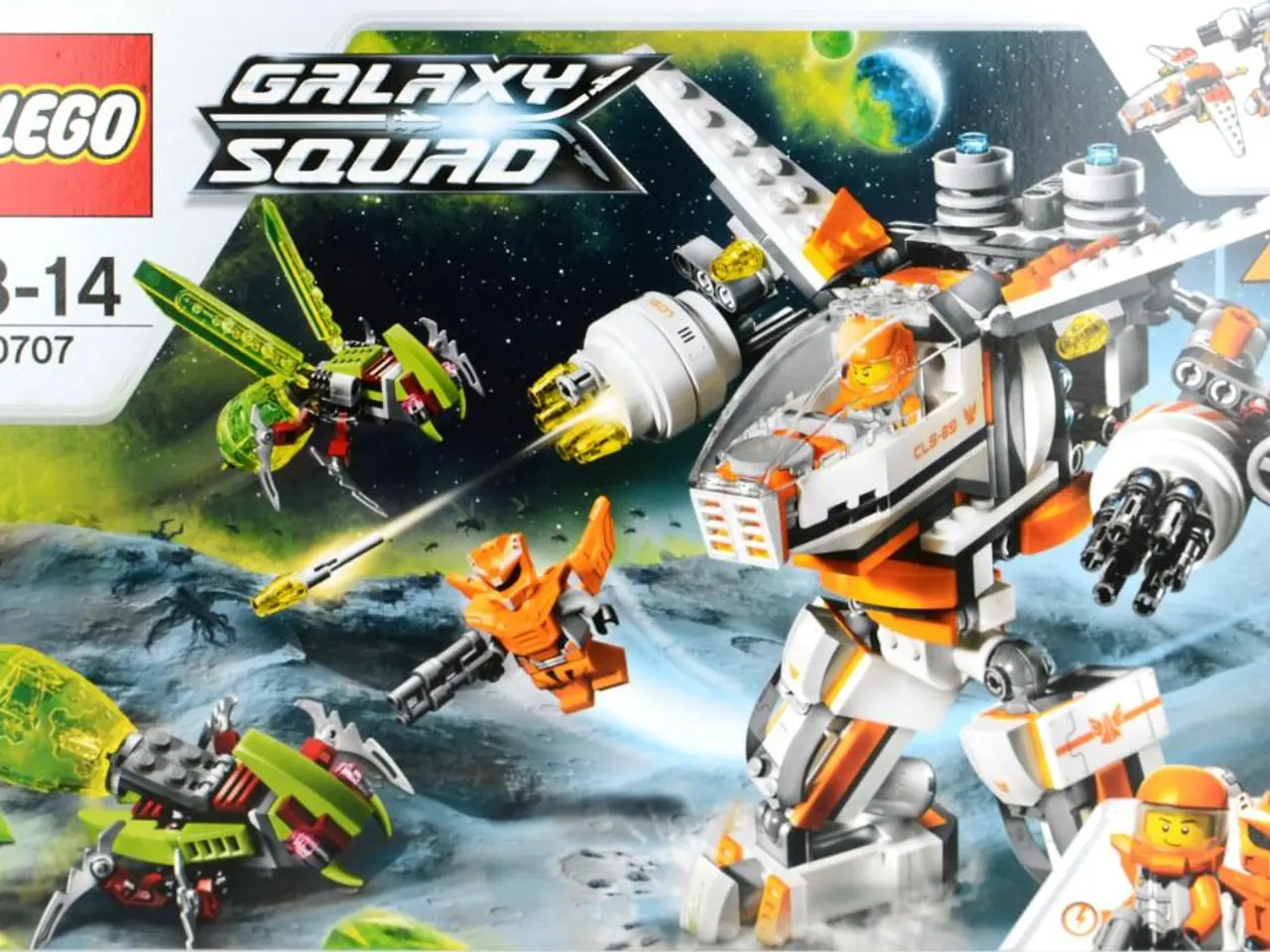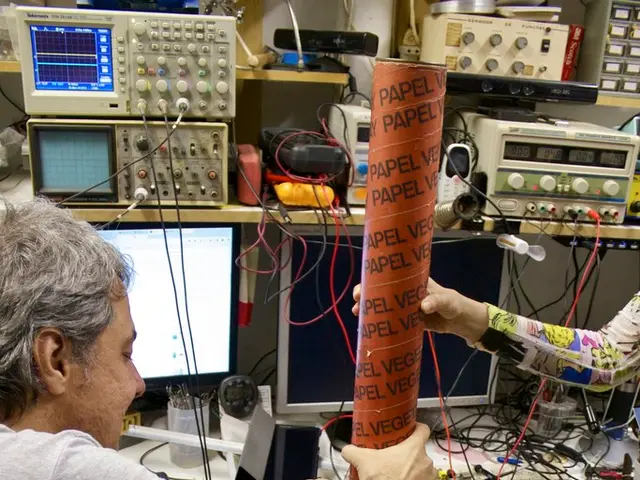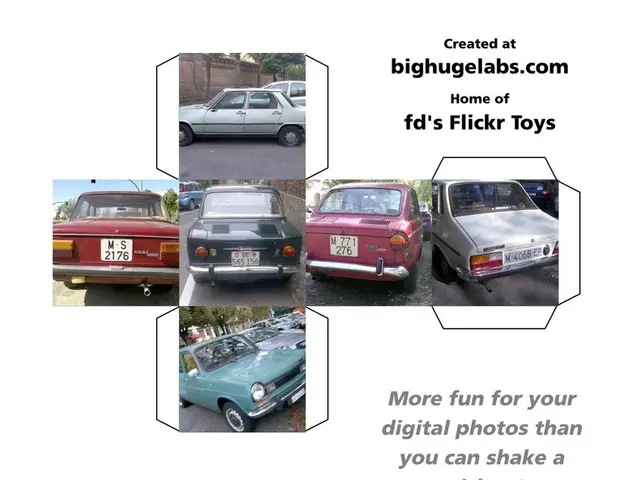AI Agents on the Internet Demand Quickness and Autonomy. Is Solana the Solution?
In the ever-evolving world of Web3, the landscape is witnessing a significant shift as AI agents are playing an increasingly important role. These digital workers, capable of automating complex tasks, are set to redefine the way we interact with decentralized systems.
The goal is clear: to merge the needs of Web2 with the capabilities of Web3, transforming sectors such as real-world asset management, communication, gaming, and corporations. AI agents are poised to revolutionize finance by automating processes from micro-payments to treasury management, all with enhanced transparency, security, and efficiency.
The Evolution of AI Agents in Web3
AI agents in Web3 can automate tasks such as managing tokenized real-world assets, running decentralized autonomous organizations (DAOs), enabling agent-to-agent economies, and simplifying user adoption by abstracting technical complexities. Key projects like Fetch.ai, SingularityNET, and Ocean Protocol are leading the charge, integrating services such as digital economies interaction, AI marketplaces, and data sharing, laying the infrastructure for global adoption.
A comprehensive analysis confirms this multi-dimensional evolution of Web3 x AI agents across infrastructure, governance, and user interaction layers, highlighting a robust and diverse landscape. However, challenges remain, including regulatory hurdles, data bias, and security threats. Despite these obstacles, the potential impact is transformative for decentralized finance and governance.
Solana: A Promising Platform for AI Agents
While direct mentions of AI agents specifically on Solana are scarce, Solana’s high throughput, low latency, and growing ecosystem make it a promising platform for integrating AI agents in Web3 applications. Developers engaged in Web3/AI projects emphasize the need for diverse skills and coordination, hinting at active innovation on varied blockchains including Solana.
Solana’s scalability and ecosystem growth align well with AI agents managing assets, DAOs, and decentralized services as envisioned in broader Web3 AI agent frameworks. The Solana ecosystem is particularly well-suited for on-chain gaming solutions, where both speed and cost of transactions are critical.
Coral Protocol and AI Agents
Coral Protocol, known for data sharing and decentralized finance primitives, fits into the landscape where AI agents consume and analyze datasets to provide automated decision-making and finance optimization. Though no specific recent updates about Coral Protocol’s integration with AI agents appear in the current sources, its data-centric infrastructure positions it well for AI agent-based applications in data marketplaces and DeFi automation.
In summary, AI agents in Web3 are advancing rapidly, enabling automation, interoperability, and democratization of digital economies. Solana’s blockchain offers a fertile ground for such agent-based innovations due to its performance and development ecosystem. Coral Protocol’s focus on data sharing aligns it with AI-driven automation, implying future or ongoing convergences between AI agents and these platforms. The landscape is evolving dynamically with strong potential to redefine finance, governance, and user interaction in Web3 environments.
As AI agents become more numerous and independent, they will be able to accomplish amazing things quickly due to their access to a rich ecosystem of data and services. The future of AI agents and their impact on our daily lives is unfolding rapidly, with developers, companies, and individuals exploring how much they can transform our lives through this infinitely scalable path toward safe Artificial General Intelligence (AGI). The concept of a community of AI agents independently working on their tasks, communicating, and working together to solve larger goals is starting to gain attention in the news. AI agents can learn quickly with minimal feedback, making them invaluable tools in our increasingly connected world.
- AI agents in Web3 are expected to manage tokenized real-world assets, run decentralized autonomous organizations (DAOs), enable agent-to-agent economies, and simplify user adoption by abstracting technical complexities, as seen in projects like Fetch.ai, SingularityNET, and Ocean Protocol.
- The Solana blockchain, with its high throughput, low latency, and growing ecosystem, is a promising platform for integrating AI agents in Web3 applications, particularly for on-chain gaming solutions where speed and cost of transactions are critical.
- Coral Protocol, known for data sharing and decentralized finance primitives, is well-positioned for AI agent-based applications in data marketplaces and DeFi automation due to its data-centric infrastructure.
- As AI agents become more numerous and independent, they will be capable of rapidly accomplishing amazing tasks, thanks to their access to a rich ecosystem of data and services.
- The future of AI agents in Web3 could transform our lives by enabling faster, more efficient, and more democratic digital economies, leading to the concept of a community of AI agents working together to solve larger goals.




